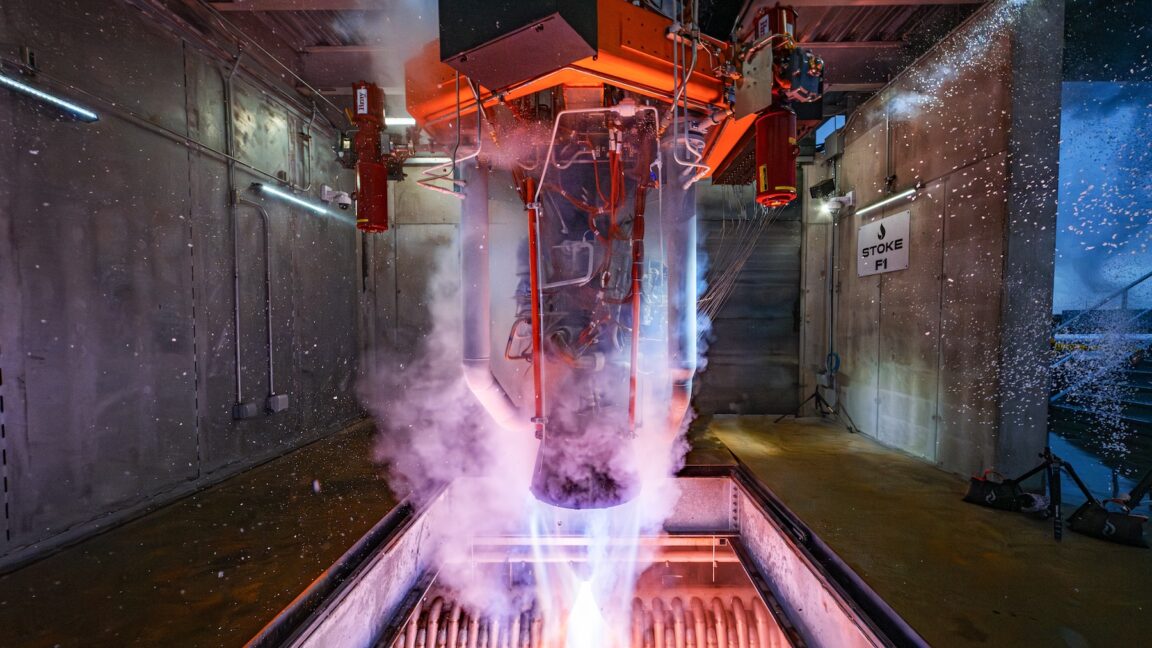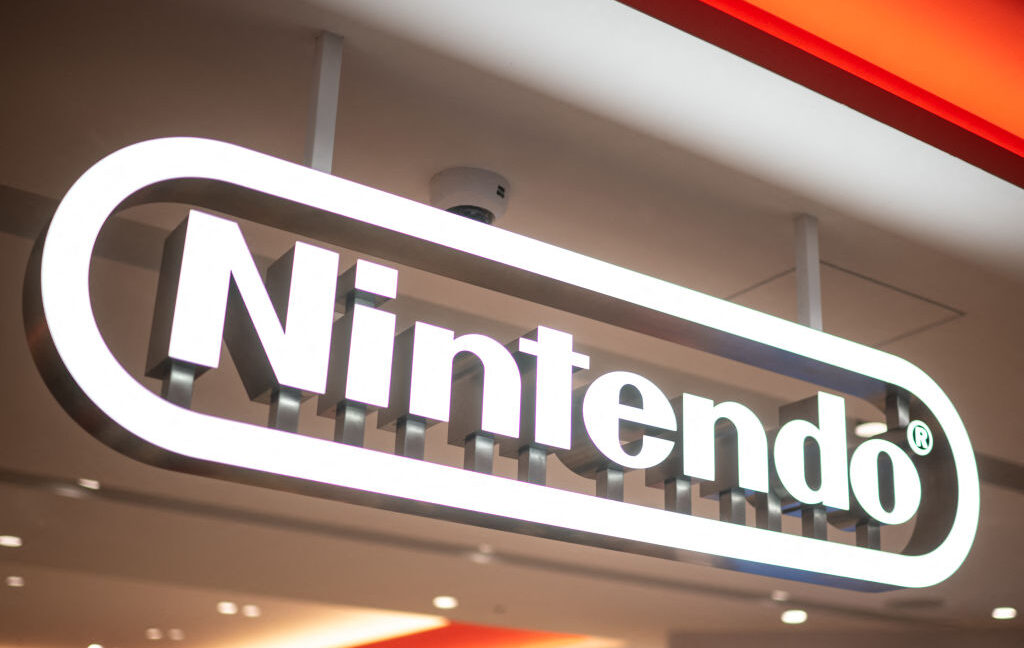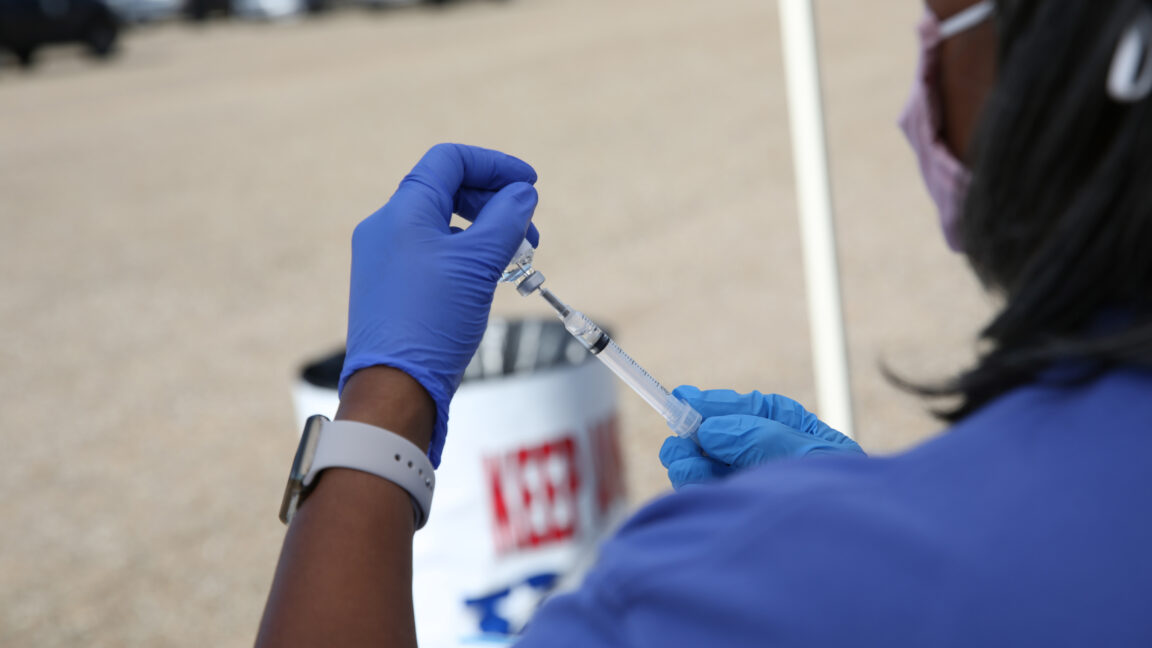Bioengineers Reveal Key to Reversing Cellular Aging

The key to reversing cellular aging may lie in a protein responsible for toggling cells between a "young" and an "old" state.
This is the conclusion of researchers from the University of Osaka, who experimented with the expression of the protein "AP2A1" in cells of different ages.
"The results were very intriguing," bioengineering professor Shinji Deguchi, one of the paper's authors, said in a statement.
"Suppressing AP2A1 in older cells reversed senescence [aging] and promoted cellular rejuvenation, while AP2A1 overexpression in young cells advanced senescence," he added.










